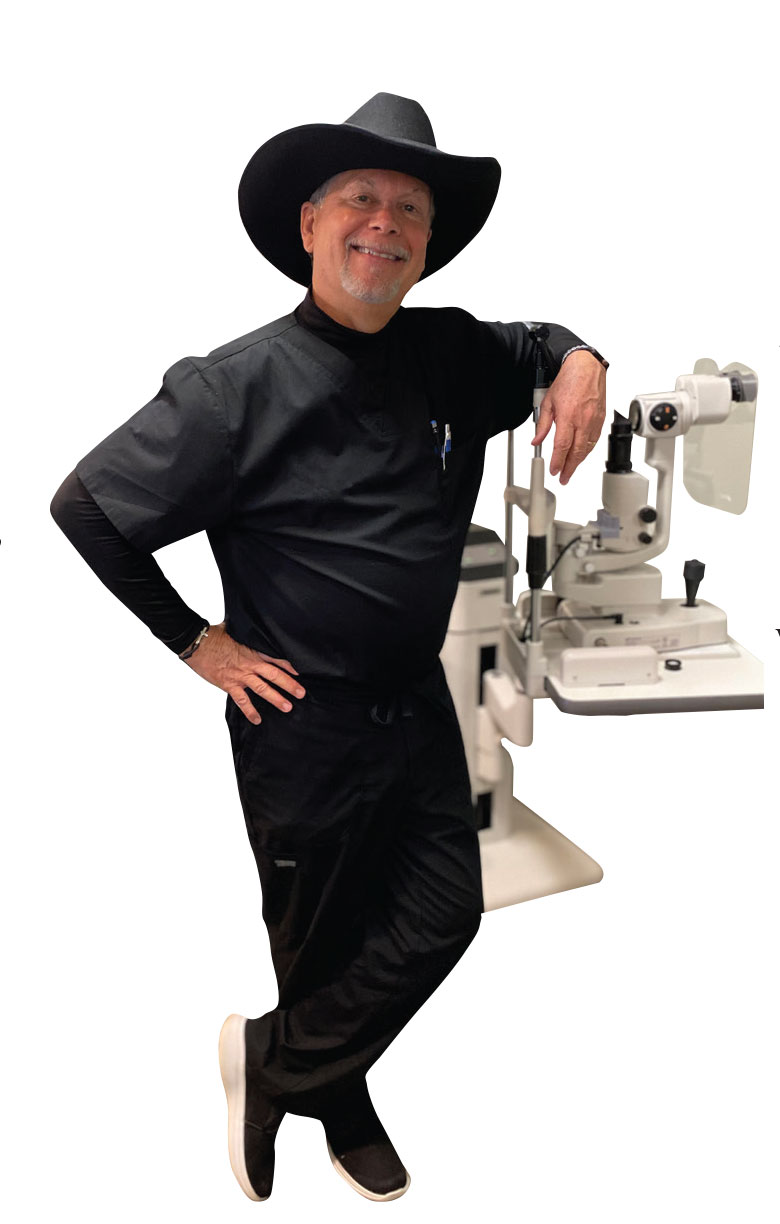 |
Don’t lie. Each of you also has COVID-related gaps in your schedule. It’s inevitable. And if you claim you don’t, then just whom exactly did you pre-appoint during the shut down when the pandemic blew up?
No appointments for the larger part of 2020 must have impacted your ability to pre-appoint. And if you didn’t pre-appoint to begin with, I will never understand why. I can think of a few reasons though:
- It doesn’t work.
- It results in no-shows.
- Patients don’t know what their schedule will be a whole year from now.
- I myself don’t know what my schedule will be a whole year from now.
- There may be a pandemic.
That last one hits a little too close to home, I guess.
But if any of those reasons rings a bell, I guess you are actually used to gaps in your schedule, unless you work for the prison system or VA. Both have similar scheduling software, or so it seems.
I myself never had gaps in my appointment book when, as a student at the Pennsylvania College of Optometry, I volunteered to work in the eye clinic at Holmesburg Prison in Philadelphia. All the inmates were so bored that when the “screws” (prison lingo, you wouldn’t understand) asked on “the block” (again, don’t try to understand) if anyone had an eye problem, guess what? They all said they did, even if they had to scratch their eye with their fingernail on purpose. Hope you’re feeling better, Bob.
 |
They’d come in wearing their “Jailhouse Schoolboys,” which were glasses they made in metal shop with windowpanes as lenses. Not good during riots—don’t ask me how I know that. I still regret not buying a pair for posterity, but $20 was a lot of money to a starving student in 1977. Still is.
Anyway, gaps exist. So, the question: what should you do about them? The answer: something that will fill them as quickly as possible. I want to present some good ideas and some bad ones. Hope these help:
- Ask any patient who schedules an appointment if they would like to go ahead and get their kids in since they missed their annual exam last year. Good idea.
- Ask any patient who schedules an appointment if they would be willing to buy a bunch of stuff when they come in to your office. Bad idea.
- Make sure your office hours are convenient for your patients (especially for homebound workers). Offer some appointments early in the morning, at lunchtime and in the evening. Maybe even consider the weekend. Yuck! Good idea, even the last part.
- Make sure you are open 24/7 just in case a patient happens to wander in. Bad idea.
- Have an open bar. My task force is still debating the goodness or badness of this idea. Stay tuned; we’ll get back to you.
- Office drive-through? Good idea.
- Petting zoo? Bad idea.
- Free contact lens delivery? Good idea.
- Free pizza delivery? Bad idea.
- Block scheduling? Great idea. (I feel the need to remind you, and by “you” I mean my staff members, that no doctor in his or her right mind wants to see an appointment at eight in the morning when the next appointment isn’t until 11:30. Not that this happened to me last Tuesday or anything. Block scheduling means all appointments must be physically touching one another, with respect of course, on the schedule.)
- Blaming staff members for stuff? Bad idea, even if it’s literally all their fault. Just sayin’.
So, anyway, you get the picture. You have to get after your patients. They are past due because of a worldwide pandemic. At least that’s a better excuse than, “Umm, I forgot.”
Dr. Vickers received his optometry degree from the Pennsylvania College of Optometry in 1979 and was clinical director at Vision Associates in St. Albans, WV, for 36 years. He is now in private practice in Dallas, where he continues to practice full-scope optometry. He has no financial interests to disclose.

